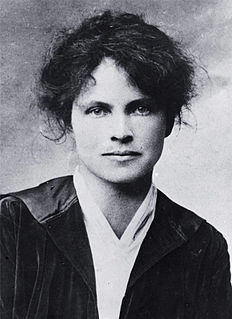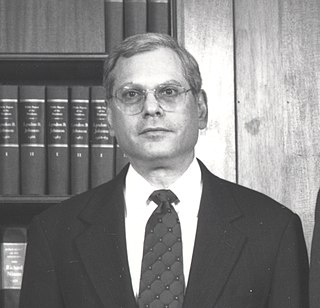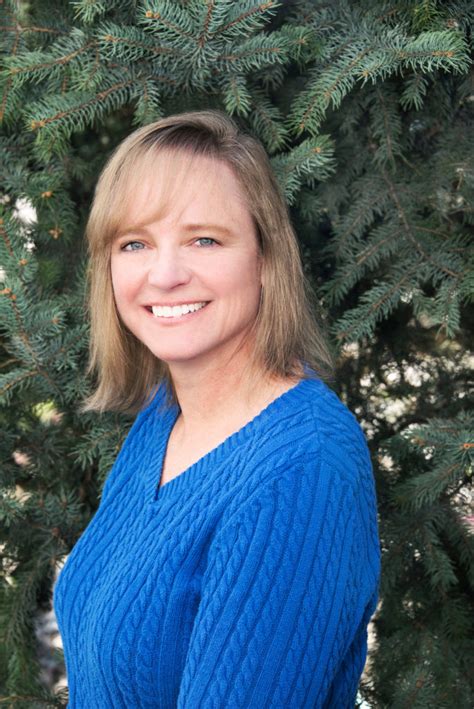A Quote by Norman Borlaug
Nevertheless, the number of farmers, small as well as large, who are adopting the new seeds and new technology is increasing very rapidly, and the increase in numbers during the past three years has been phenomenal.
Related Quotes
There are broader and narrower definitions of the new economy. The narrow version defines the new economy in terms of two principal developments: first, an increase in the economy's maximum sustainable growth rate and, second, the spread and increasing importance of information and communications technology.
The key thing is to invest in the future and what that means is when you're deploying technology or you're a technology business, is to make sure that you're keeping on the innovation cycle, where you're both creating and adopting the new business practices, and the new techniques in order to drive your business the right way.
The key thing is to invest in the future, and what that means is - when you're deploying technology or you're a technology business - is to make sure that you're keeping on the innovation cycle, where you're both creating and adopting the new business practices and the new techniques in order to drive your business the right way.
Extrapolated, technology wants what life wants:
Increasing efficiency
Increasing opportunity
Increasing emergence
Increasing complexity
Increasing diversity
Increasing specialization
Increasing ubiquity
Increasing freedom
Increasing mutualism
Increasing beauty
Increasing sentience
Increasing structure
Increasing evolvability
It's easy to fall into the trap of assuming that a new technology is very similar to its predecessors. A new technology is often perceived as the linear extension of the previous one, and this leads us to believe the new technology will fill the same roles - just a little faster or a little smaller or a little lighter.
The most revolutionary aspect of technology is its mobility. Anybody can learn it. It jumps easily over barriers of race and language. ... The new technology of microchips and computer software is learned much faster than the old technology of coal and iron. It took three generations of misery for the older industrial countries to master the technology of coal and iron. The new industrial countries of East Asia, South Korea, and Singapore and Taiwan, mastered the new technology and made the jump from poverty to wealth in a single generation.



































